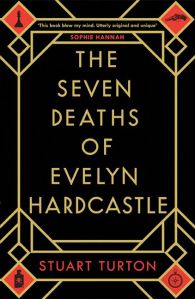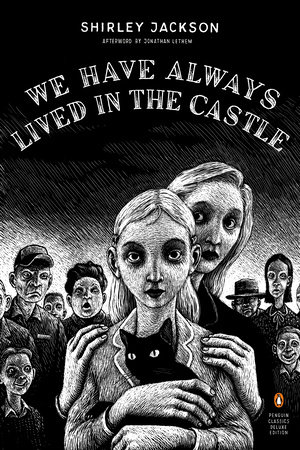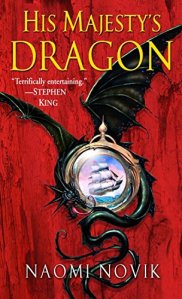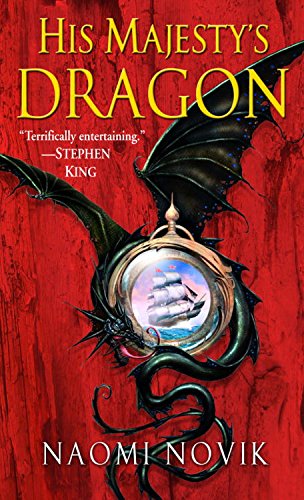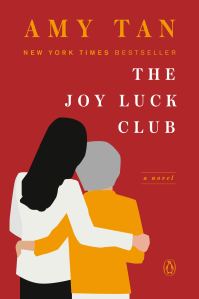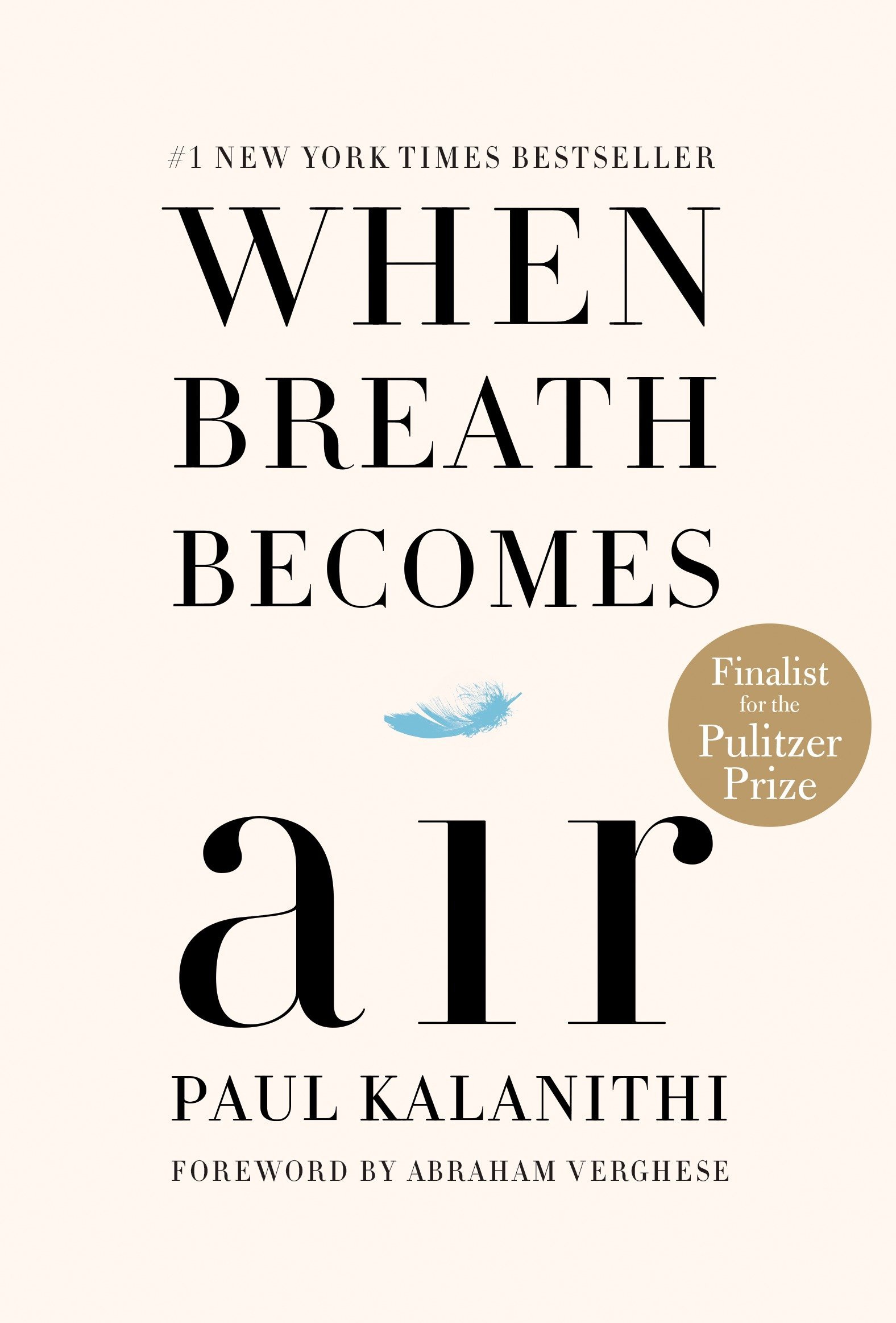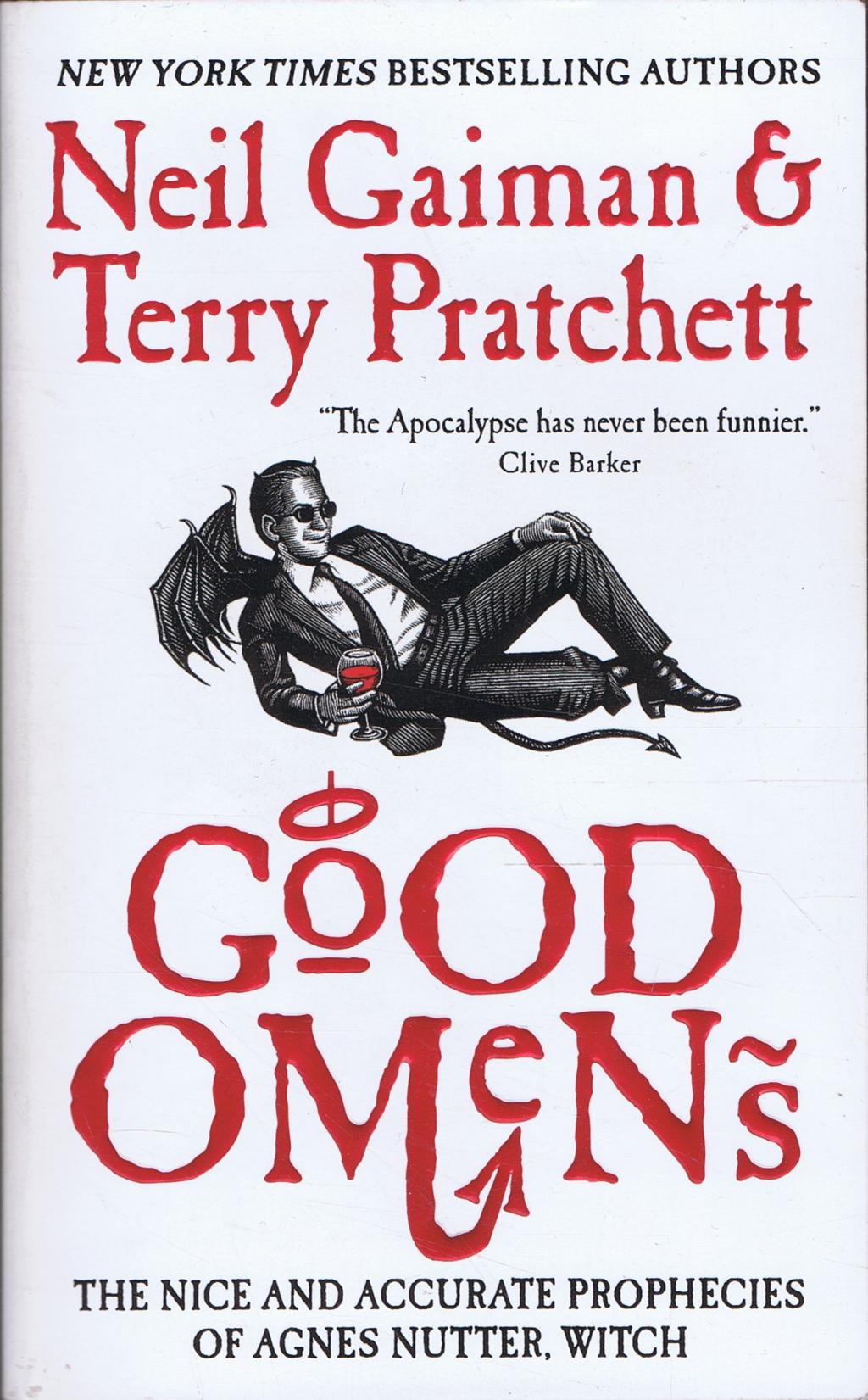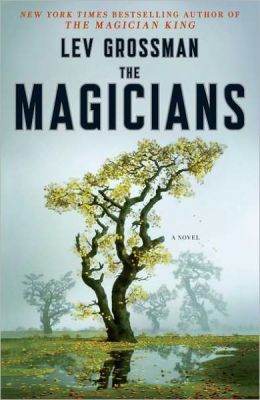This
Title: The Magicians
Author: Lev Grossman
Publisher: Plume (Penguin Books)
ISBN: 9780452296299
is
Alethea’s Review (at age 15)
a
So after a 1 year hiatus that was about a year too long, I’m back! And just to spice things up a little, I’m starting with a book that I was really excited about but which really failed to deliver. By the way, this review is going to be chock-a-block full of spoilers. Don’t read it if you don’t want this book spoilt, but at least read the recommendation at the end. Please?
hidden
Let me just give you a quick plot summary. Quentin Coldwater is what you imagine when you think of a teenager, if you think of a depressed genius who still revisits the imaginary lands of his childhood and can’t seem to grow up. One day, he gets invited to take a test—but not just any test. It’s a preliminary exam to Brakebills College, a super prestigious school of magic. Eventually, he realizes that the magical land of his childhood, Fillory, isn’t just a story. It really exists, and there is a way to get there. And on that note…
message!
Presenting:
If
An Open Letter to Mr. Lev Grossman (that I’m not actually going to send to him but which is going to be here if he ever feels like coming to visit)
you
Dear Mr. Grossman,
have
My name is Alethea Ng, and I’m fifteen years old. I first read your book The Magicians several months ago, before I was aware that it is currently being made into a tv show. I admit, I was really expecting something great. I read all the glowing reviews on the back cover of the Plume edition, which praised your novel as “sly and lyrical”, “the best urban fantasy in years”, and even compared it to Narnia. I was so ready to love this book. I mean—magic! Fantasy lands! The main character even wishes he could go to different worlds, just like me! How could I pass up a book like that? Unfortunately, this book and I didn’t really get along. Let me explain.
found
First off, I’ll just say that I thought the basic plot, especially the premise, was good. I don’t finish books that don’t have anything to recommend themselves to me (and I finished this one), so that’s a point in your book’s favour. I was interested by “Harry Potter for adults”, which apparently was the book’s main selling point for most audiences. I was intrigued by the idea of a darker Narnia (and a little afraid for my childhood, but still). I longed for a fantasy world I could love. You somewhat delivered on this point. You gave me a premise that I found hard to abandon even after The Magicians and I agreed to disagree. You gave me an adventure that kept me on the edge of my seat—by which I mean that even though I never got to the point of actually enjoying it, I always felt like I was just two pages away from getting to the good part, so I never stopped reading. I really enjoyed the beginning: it’s what I’ve always wanted, what every bookworm wants—to escape, even for a little while, to the magical lands in our books. However, the problem I found with the plot was this: it was completely pointless. It went nowhere. The first two thirds of the book are Quentin in school, learning to wield his magic, falling in love with random people and generally muddling around and doing nothing. That’s fine by me—a little long, but every hero has to start somewhere, right? Then comes the last third of the book. During this period, Quentin finds out that his imaginary land is real, goes there, and proceeds to mess everything up, starting with his relationship with his girlfriend (which, to be honest, was never a really healthy one), going through a bunch of stuff, and ending with his relationship with his girlfriend. Finally, he ends up in exactly the same place as he started: bored out of his mind, friendless, and completely wasting his considerable talents. Well, that escalated not at all.
this,
Now, that’s not even my main annoyance about the plot, Mr. Grossman. You see, you had an almost good thing going here. You kinda took the plots of Harry Potter and Narnia, subverted the morality of the books, and made a novel. Fine by me. You’re dedicated enough to do all that work and smart enough to get it published? Fantastic. What I don’t get is why you had to add in a bunch of gratuitous swearing, sex, drugs, alcohol, and let’s not forget the disrespect you show to Christians. Swearing—I kinda understand this one. I’m aware (to my great mortification) that’s how teenagers and twenty-somethings speak. Maybe you wanted to give the reader a feel for the kind of people we’re dealing with. What I don’t understand is why I can’t even read a dialogue scene without several swear words somehow finding their way into the conversation. The characters aren’t angry, upset, overly happy, or even emotional at all. So why in the world are they swearing so much? Sex, drugs and alcohol—I don’t understand. These three elements are—to put it nicely—completely useless. They do nothing to advance the plot in a large way and they could be replaced by literally any other plot device you can think of. And, as much as I dislike myself for saying this, if you want to dump a bunch of mature themes in there, at least do it interestingly. The characters do not care who is sleeping with who, and therefore, neither do I, as your reader. Dissing Christians—ooh, here we come to one of my favourite parts of this book (but not really). Christians and Christianity are mentioned several times in your book, always negatively. You poke fun (rather unfunnily) at the morality of C.S. Lewis’ Narnia. When the “god” of Fillory appears, it turns out he is completely powerless and anyway doesn’t care about his people. And my personal favourite: you only have one Christian character in your book, and he is self-righteous, stupid, and disliked by Quentin, lacks a sense of humour, and is an all-around wet blanket. You know, you didn’t even have to insert a Christian character, and yet you felt the need to mention that dear, stupid Richard over here is a Christian. If I wrote a book, and in it the only Muslim character was a complete idiot like the Christian in your book, I would get so much hate for being racist and prejudiced. Again, if my one atheist character was a wet blanket, I would be accused of being a bigot and a religious nut. The same is true for women (or men), or Native Americans, or members of the LGBTQ community, or anyone, really. But somehow, when it’s Christians being overtly disrespected, it’s okay? Really? That’s nice to know.
congratulations!
I do have one thing I want to compliment you on, Mr. Grossman: Quentin Coldwater has topped my personal list of most useless protagonists! That’s right, he’s right up there—higher than Bella from Twilight, which I assure you is a prodigious honour. Quentin, as I kinda hinted at earlier, does absolutely nothing throughout the entirety of the book. He relies on everyone around him to tell him what to do, teach him, take the initiative with regards to adventure, and protect him. Even at the most climactic part of the novel, where his friends are fending off a manic, ultra-powerful super villain, his girlfriend is about to get killed by said super-villain, and everyone is casting spells (except the guy who just had his hands bitten off), he is somehow unable to help in the fight. He indeed lives up to his name—anything remotely good that happens to him is immediately dampened by his depressing outlook on life. He throws cold water (heh) on all the positive aspects of his life, preferring to focus on what’s going badly and what isn’t and will never be good enough. Oh, Quentin. We love you. I think you were going for “disillusioned” here, but disillusioned implies that you were once naive and childlike. Quentin, however, seems to have been born with the mentality of a 45 year old and the maturity of a 13 year old. Also, in a strange twist of fate, he starts out as a depressed, teenage genius with no life, and he ends up as a depressed, middle-aged genius with no life. There is no character development whatsoever, which is rather impressive if you think about it. Just think: during the course of the novel, he finds out magic is real, discovers he is a magician, gets someone killed by fooling around, gets turned into a goose and a fox, runs around Antarctica stark naked, travels to an imaginary land, nearly gets killed by a world-hopping maniac, and somehow manages to remain the same immature child he started out as! Wow! Come to think of it, all the characters in this novel weren’t exactly what you’d call likeable. See, I read books for the characters. You can have a book with a sub-par plot, sub-par writing and amazing characters, and I will read it and probably enjoy it. The characters in your book were not relatable at all. Okay, so maybe it’s just me. Maybe I’m the only one who cannot relate to college-aged students who are magicians yet can’t seem to find it in themselves to enjoy life. Maybe I’m the only person in the world who is occasionally happy. Maybe I’m the only one who likes to believe that human beings are inherently good and want to find the good in others. But somehow I doubt it. Mr. Grossman, if your characters are self-absorbed jerks who don’t care about what’s happening to them, how do you expect me to care about them?
You
One more thing before I sign off. I mentioned earlier that I was really excited for this book. One of my reasons was that it was fantasy. I absolutely adore fantasy. I love how it allows you to escape your world, as you yourself put it: it gets you “out, really out, of where you were and into something better” (Chapter 1). See, the idea behind fantasy, the idea behind Harry Potter, Narnia, The Lord of the Rings, is that it allows you to transcend the bounds of reality for just a moment, tempting you to reach for the “better” that you see. It shows you what could be, the beauty that could be achieved if we just tried. It gives us, as kids, something to aspire to as we grow, and as adults, a dream, a glimpse of a better world. That’s all we’ve ever wanted, right? Something better for us, for those who will come after us. Something beautiful. I understand what you were trying to achieve with The Magicians. I get the “reality” part of the story, how you were trying to show how our childhood imaginings aren’t realistic. You drove your point in pretty well: “Life is hopeless. Get used to it.” But when all is said and done, that’s not what fantasy is about. Fantasy is not realism—it’s better than realism. Realism shows us what we are—fantasy shows us what we could be. The essence of fantasy is hope.
are
So in the end, sir, thanks, but no thanks. I think I’ll stick to Lewis.
a
Best,
Alethea
great
Just a quick recommendation before I leave: if you didn’t read my open letter, here’s the gist of it. The Magicians is a sort of anti-fantasy that tries to tell you that there is little beyond yourself. While I understand that the author was trying to capture the disillusionment of the “real world”, his message got a little lost amidst a haze of sex, drugs, and alcohol. If you’re looking for a book that combines the disappointment of figuring out Santa isn’t real with the hopelessness of the first time you realize you’re going to die, then this is the book for you. If you’re looking for a book that addresses the joy of knowing that there is something to aspire for, to hope for, then you’re better off with the traditional fantasy novels of Tolkien or Lewis. Their books, unlike Mr. Lev Grossman’s, deal with the human condition on a deeper level than just what we do and what we currently are.
person!
Warning: Really? You’re going to make me do this again? Alright… Sex, drugs, alcohol, violence, swearing, disrespect to Christians, and loads and loads of self-absorbed characters. Seriously. Please don’t read this. (By the way, it’s being made into a TV series too. You probably shouldn’t watch that either.)



